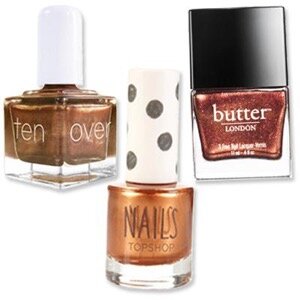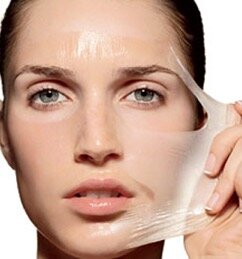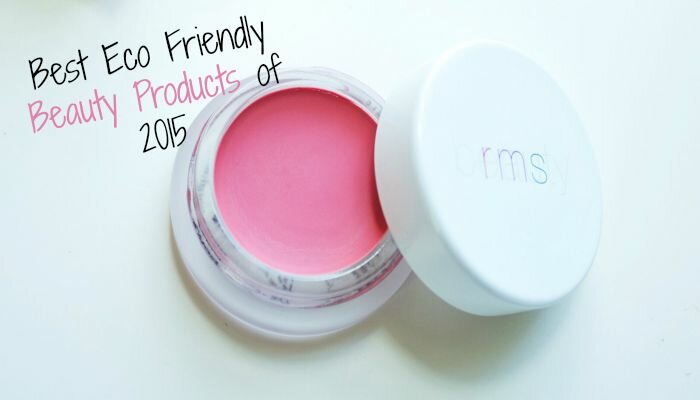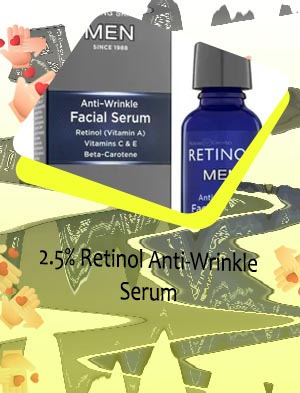
Retinol serum
Looking to improve your skincare routine with retinol serum? Check out these three articles for tips, recommendations, and expert advice on how to incorporate this powerful ingredient into your daily regimen.
The Ultimate Guide to Retinol Serums: Benefits, Tips, and Recommendations
Retinol serums have become increasingly popular in the skincare industry due to their numerous benefits and effectiveness in combating various skin concerns. Retinol, a form of vitamin A, is known for its ability to promote cell turnover, stimulate collagen production, and improve skin texture, tone, and overall appearance.
One of the key benefits of using a retinol serum is its ability to reduce the appearance of fine lines and wrinkles, making it an excellent anti-aging ingredient. By promoting cell turnover, retinol helps to reveal newer, healthier skin cells, resulting in a smoother and more youthful complexion.
When incorporating a retinol serum into your skincare routine, it's important to start slowly and gradually build up tolerance to avoid irritation. It's also crucial to use sunscreen daily as retinol can increase the skin's sensitivity to the sun.
An example of a practical use case for retinol serums is a woman in her 40s who started using a retinol serum to address fine lines and sun damage. After a few weeks of consistent use, she noticed a significant improvement in the texture and tone of her skin, with her fine lines appearing less noticeable and her skin looking more radiant and youthful.
How to Choose the Best Retinol Serum for Your Skin Type
Retinol serums have gained popularity in the skincare industry due to their proven effectiveness in combating various skin concerns such as fine lines, wrinkles, and acne. However, with a plethora of options available in the market, choosing the best retinol serum for your skin type can be a daunting task.
One important factor to consider when selecting a retinol serum is your skin type. For those with dry skin, it is essential to opt for a retinol serum that contains hydrating ingredients such as hyaluronic acid to prevent dryness and irritation. On the other hand, individuals with oily or acne-prone skin should look for lightweight and non-comedogenic formulas to avoid clogged pores.
Another key consideration is the concentration of retinol in the serum. Higher concentrations are more suitable for experienced users with tolerant skin, while beginners or those with sensitive skin should start with lower concentrations to avoid potential side effects such as redness and peeling.
Furthermore, it is crucial to evaluate the overall formulation of the retinol serum, including additional ingredients like antioxidants, peptides, and vitamins, which can enhance the benefits of retinol and address specific skin concerns.
Expert Tips on Incorporating Retinol Serum into Your Skincare Routine
Retinol serum has become a popular skincare ingredient in recent years due to its numerous benefits for the skin. If you're looking to incorporate retinol serum into your skincare routine, here are some expert tips to help you get the most out of this powerful ingredient.
-
Start Slowly: When first introducing retinol serum into your skincare routine, it's important to start slowly to allow your skin to adjust to the ingredient. Begin by using the serum a few times a week and gradually increase frequency as your skin becomes more accustomed to it.
-
Use Sunscreen: Retinol can make your skin more sensitive to the sun, so it's essential to use sunscreen daily to protect your skin from harmful UV rays. Look for a broad-spectrum sunscreen with an SPF of 30 or higher to ensure adequate sun protection.
-
Moisturize: Retinol can be drying to the skin, so it's crucial to follow up with a moisturizer to keep your skin hydrated and balanced. Look for a moisturizer that is lightweight and non-comedogenic to avoid clogging pores.
-
Avoid Harsh Ingredients: When using retinol serum, it's best to avoid harsh exfoliants or other active ingredients that can potentially irritate the skin








